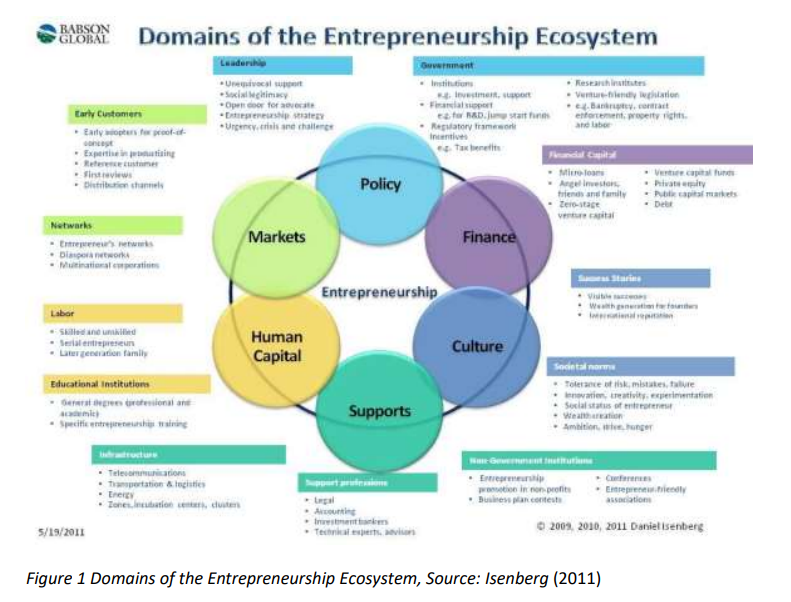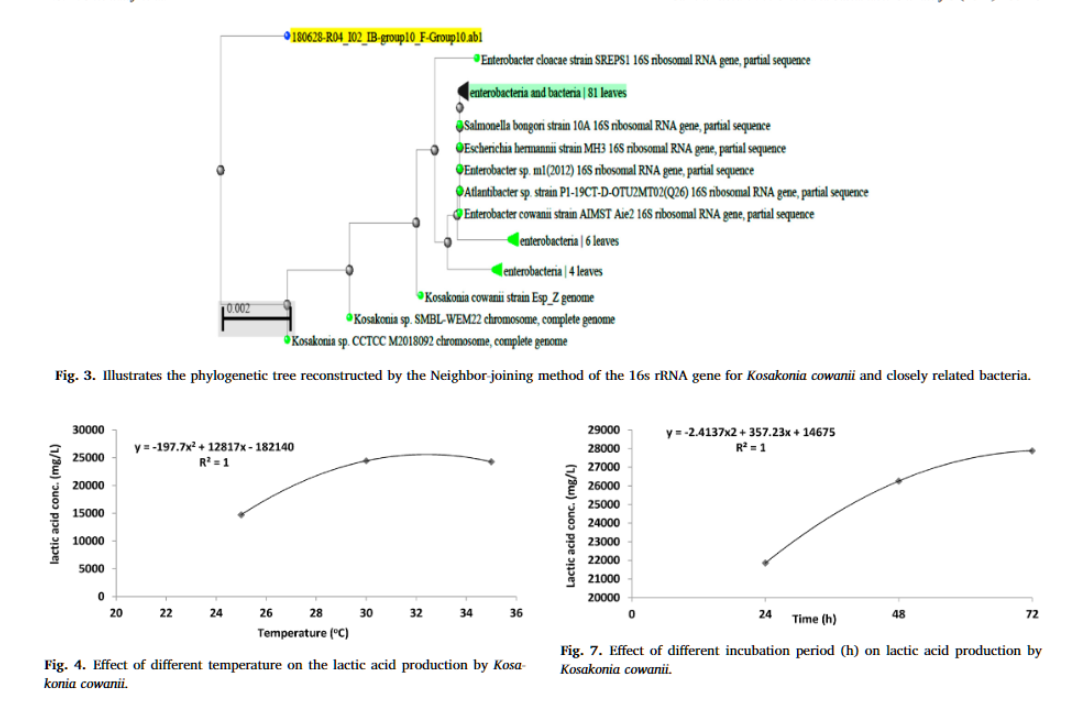
Entrepreneurial ecosystems: Global practices and reflection on the egyptian context
Following the Egyptian revolution that had taken place in 2011, many social and economic norms changed. The Egyptian economy witnessed a severe deterioration. In 2016, the Egyptian pound lost almost 60% of its value overnight. Egyptian government and foreign development agencies rallied to find a remedy to the economic downturn. With no jobs, young Egyptians started experimenting with the possibility of entrepreneurship. This acted as a pretext to the massive transformations taking place in the Egyptian ecosystem. The objective of this paper is to identify how Egypt should shape its entrepreneurial ecosystem so that it provides the optimal conditions for entrepreneurial growth. The paper studied several models for entrepreneurial ecosystem mapping. The components of these models were analyzed and compared. Based on the analysis, the model of “Growth Entrepreneurship Ecosystem” by Daniel Isenberg was selected. The paper uses the model's components: policy, finance, culture, supports, human capital and markets, to visualize their performance within the Egyptian ecosystem and compares such components with their counterparts in a number of countries which have exhibited a successful track record in entrepreneurship support. Four ecosystems: US, Germany, China and Malaysia were selected to be compared to the Egyptian model. The study used desk research in addition to acquiring data from Global Entrepreneurship Monitor for all five ecosystems and combining the observations of study tours to some of these countries, capturing some of the best practices witnessed. Accordingly, the study highlights similarities and differences and identifies gaps within the Egyptian ecosystem in comparison to international practices. The research findings showcase that the ecosystem in Egypt has shown progress in the recent years, with many efforts falling into place. Yet, several elements remain missing or underperforming. Hence, the research shows that there is plenty of room for improvement across all domains, in particular I the policy level and with digital platforms, which can act as a foundation for further work to be performed by government, development agencies, businesses and NGOs. © 2020 Towards the Digital World and Industry X.0 - Proceedings of the 29th International Conference of the International Association for Management of Technology, IAMOT 2020. All rights reserved.


